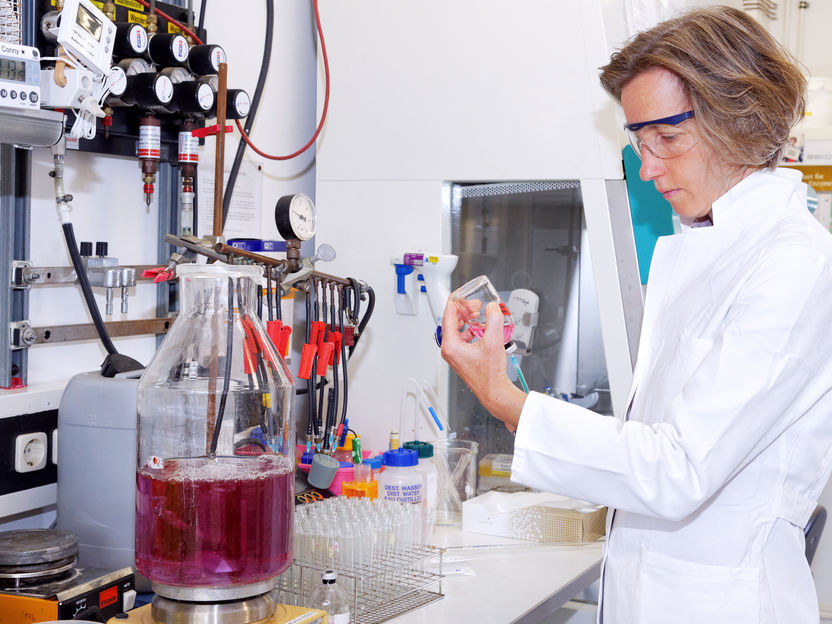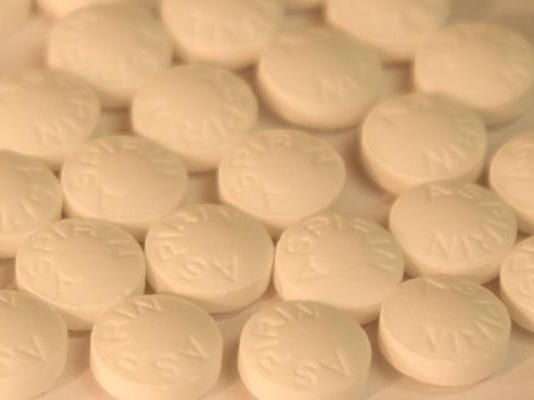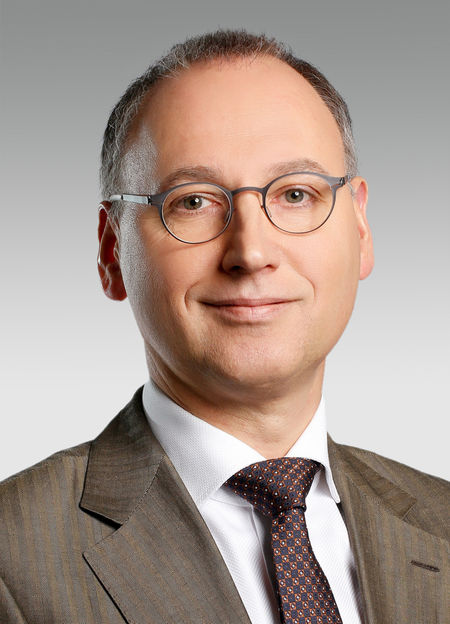Jennewein Biotechnologie to build new R&D centre in Bonn, Germany
Jennewein Biotechnologie announces that on June 15, 2018, it signed a long-term lease for a 1000-m2 plot of land on Mildred-Scheel-Straße, Bonn Bad Godesberg, which will be the site of a new R&D centre for microbiome research and designer microorganisms.
"The relocation of part of our research department, from its home of many years in Rheinbreitbach, to Bonn Bad Godesberg, was necessary because of the strong growth our company has enjoyed over the past few years, and the lack of space now available for additional research activities," explains Dr. Katja Parschat, Deputy Head of R&D at Jennewein Biotechnologie. The company plans to invest around 3.6 million euros in a new laboratory facility, and the employees of the Metabolic Engineering Division are set to move to Bonn in October this year. In the medium term, the new R&D centre will accommodate 30-40 research scientists.
The new R&D centre will continue to develop the company's successful research on metabolic engineering, focusing on designer microorganisms and particularly on new technologies for the creation of organisms with synthetic genomes.
"Extending the genome engineering work we began in 2005 to embrace synthetic and rationally designed genomes is a logical step on the way to designer organisms, which will enable us to increase the yields of our products and save on costs," says Dr. Stefan Jennewein, CEO of Jennewein Biotechnologie. "This is especially important in order to remain competitive in the long term and to maintain our leading position on the international stage." The new R&D centre will also expand the company's microbiome research activities and strengthen its expertise. Jennewein Biotechnologie recently launched the world's first clinical study to investigate the development of the infant microbiome and the impact of breastfeeding and human milk oligosaccharides (HMOs). This study is still ongoing, and currently involves 300 babies in Germany, Austria, Italy and Spain.
"Microbiomes are everywhere and we're constantly interacting with them," says Dr. Jennewein. "Although not much is yet known about the relationship between microbiomes and allergies, autism, obesity and other diseases, the microbiome definitely plays an important role in infant development. And this isn't just limited to the intestinal microbiome. We see great potential in products which promote what we call the healthy microbiome, especially in the area of infant and toddler nutrition."
Organizations
Other news from the department business & finance

Get the life science industry in your inbox
By submitting this form you agree that LUMITOS AG will send you the newsletter(s) selected above by email. Your data will not be passed on to third parties. Your data will be stored and processed in accordance with our data protection regulations. LUMITOS may contact you by email for the purpose of advertising or market and opinion surveys. You can revoke your consent at any time without giving reasons to LUMITOS AG, Ernst-Augustin-Str. 2, 12489 Berlin, Germany or by e-mail at revoke@lumitos.com with effect for the future. In addition, each email contains a link to unsubscribe from the corresponding newsletter.
Most read news
More news from our other portals
Last viewed contents
Gene Bridges licenses Red/ET Recombineering to Genencor

What role do archaea play in the human microbiome? - International research team for the first time systematically describes the involvement of archaea in the interaction of the body with its symbiotic microorganisms

Aspirin targets key protein in neurodegenerative diseases
Enzyme discovery paves way to tackling deadly parasite diseases



















































